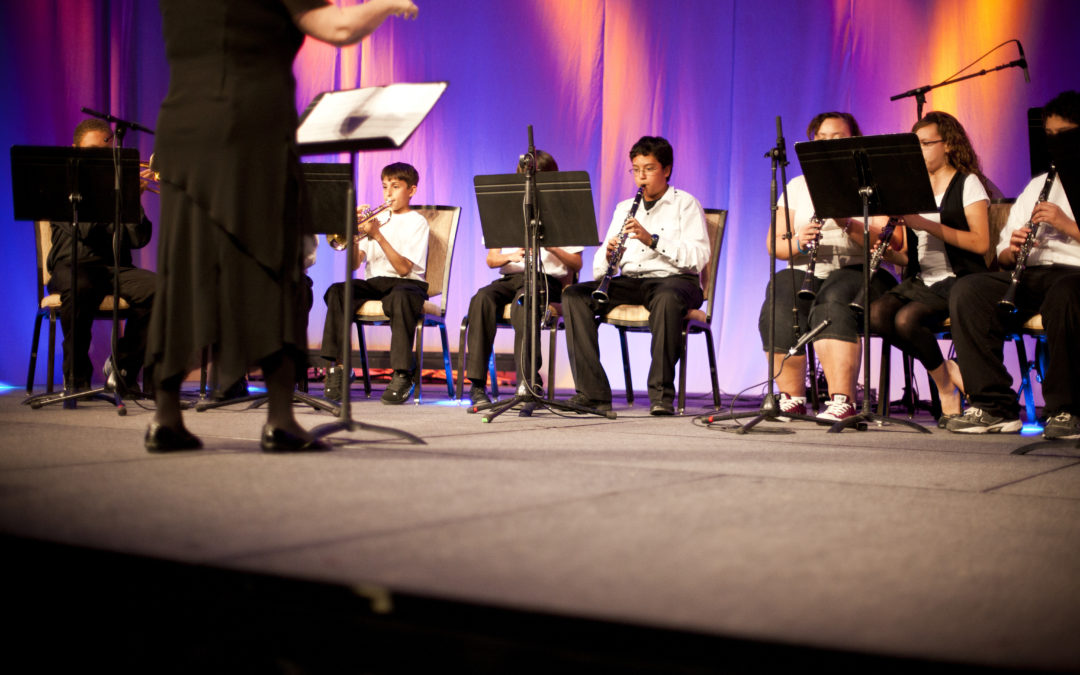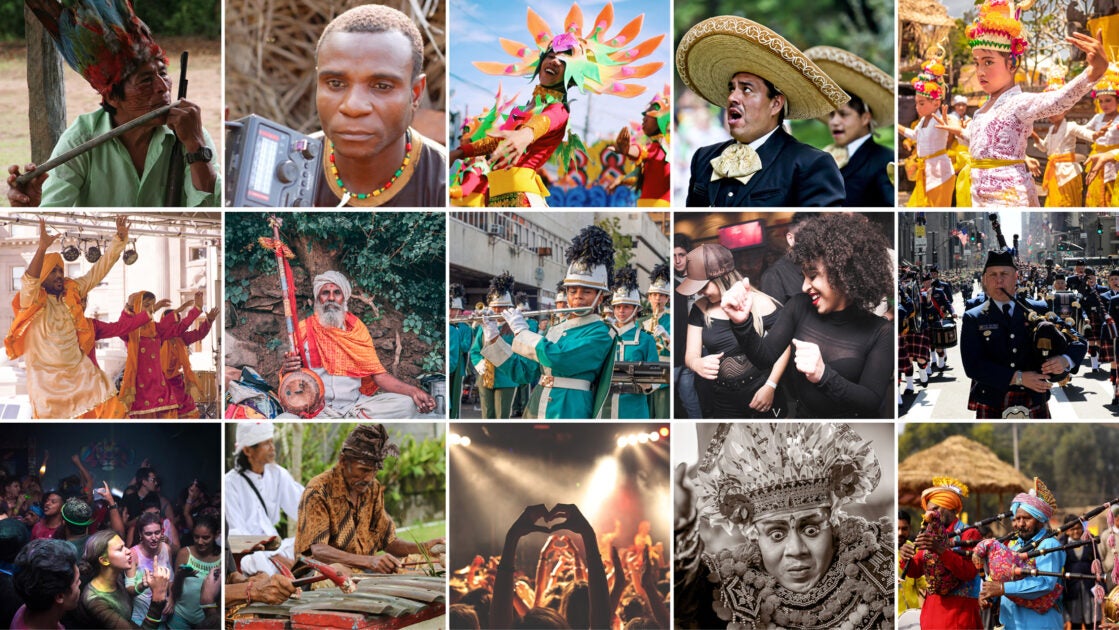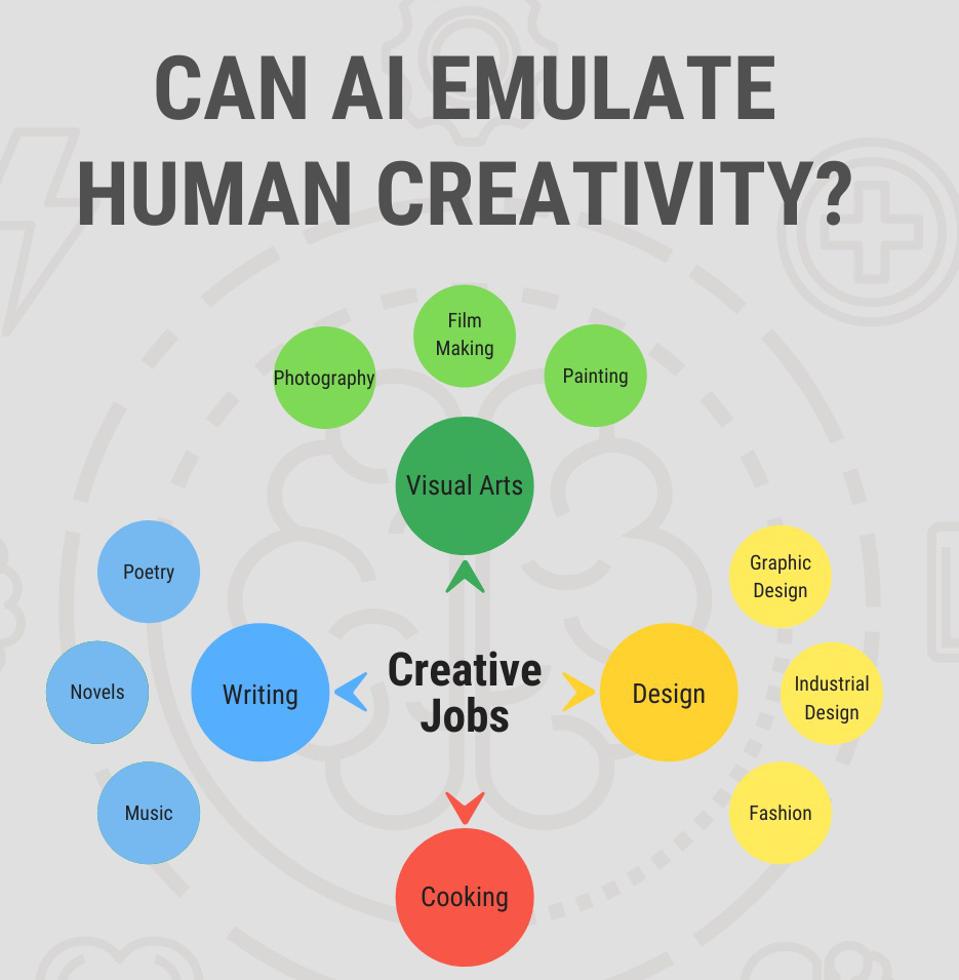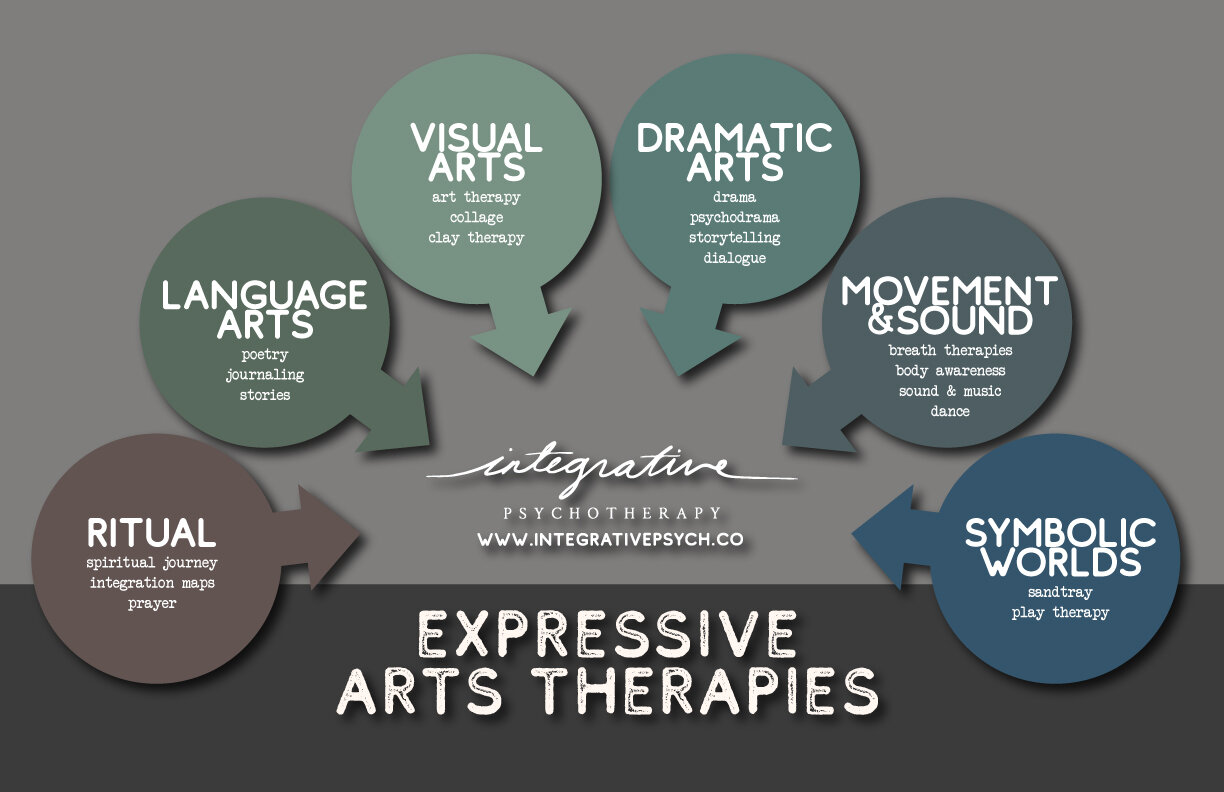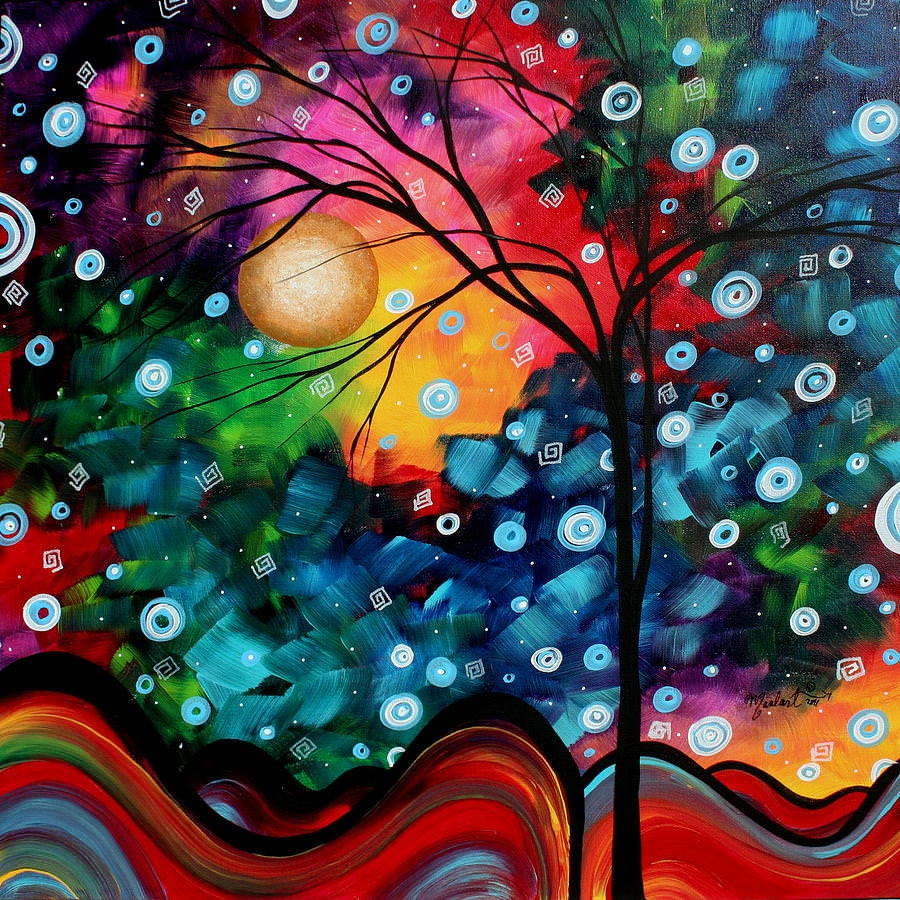Music has been an integral part of human civilization for thousands of years, and for good reason. One of the unique and inspiring aspects of music is its ability to capture and represent emotional moments, be it love, joy, heartbreak, or anger. Every different genre of music has the potential to portray emotions differently – jazz can portray longing and romance, rock can empower teenagers to break free, and classical music can leave us in awe of the beauty of the world.
Music has a powerful way of transporting us into specific moments and memories. A particular song can take us back to our first kiss, or the first dance at our wedding, or our graduation. We can revisit these moments in time and relive the emotions we once felt in that moment. Music is truly an emotional time capsule that holds memories of our past selves, feelings, loved ones, and surroundings.
Even though music is capable of bringing back happy and joyous memories, it can also remind us of times of sadness, disappointment, and loss. The same song that we danced to on our wedding day can bring tears to our eyes when played on the day we broke up. Nevertheless, these memories are not always unwelcome. They allow us to connect with the deepest parts of ourselves and reflect on how we’ve matured as people.
Furthermore, music is not just for personal reflection – it can bring people together, connecting them through the shared experience of emotions. Music festivals, concerts, and performances have been established as channels to connect and share concert experiences. The shared experience of enjoying the same song or artist often creates a powerful sense of belonging among people and cultural significance.
In conclusion, music is undoubtedly a medium of great emotional significance that exposes our thoughts, feelings, and experiences to others. Whether it reminds us of moments we cherished or those we wished we could forget, music will undoubtedly continue to have a unique and lasting influence on our lives, and remain a crucial factor in our shared cultural experience.







